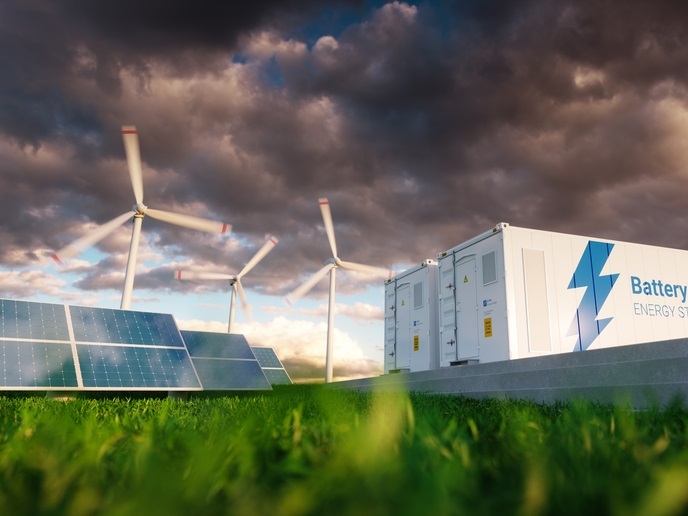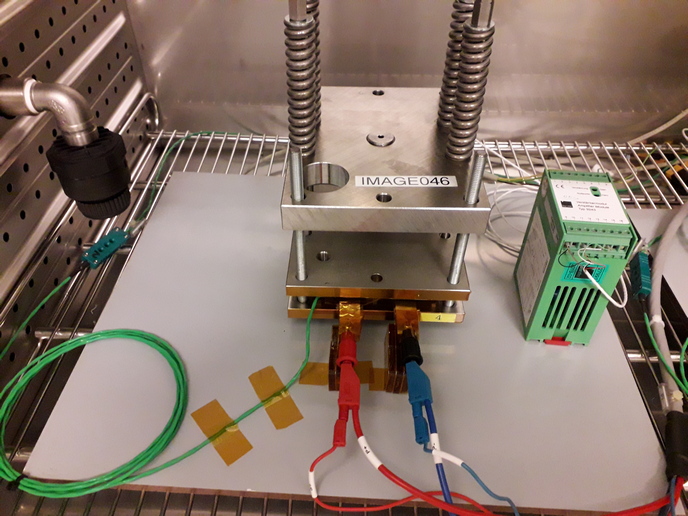Preparing for tomorrow's energy needs
Nuclear energy has the advantage of electricity production without greenhouse gas emissions. Nevertheless, safety, resource sustainability and waste management issues must be addressed through continuous technological innovation in order to continue satisfying the increasing demand for energy. These are the challenges for fast neutron Gen IV reactors. Gen IV reactors are evolutionary in design and will be able to provide a higher thermal efficiency and to burn plutonium extracted from the spent fuel of pressurised water reactors (PWRs). Thus, these reactors associated to a closed fuel cycle allow a better use of the uranium resource and also minimise the volume and radiotoxicity of nuclear waste. By improving the efficiency of the fuel cycle, the new technologies will be an attractive option to replace PWRs when they reach their end-of-life. The objective of the EU-funded SARGEN_IV(opens in new window) project was to identify critical issues, to propose an harmonized methodology for the safety assessment and to develop a roadmap for the necessary research to address them. Nuclear safety experts from 22 organisations — technical safety organisations, research centres, industry and academia — joined efforts to define a safety assessment approach for the licensing of the new reactor designs. SARGEN_IV partners first identified and ranked critical safety concerns for three of the Gen IV nuclear reactors: sodium-, lead- and gas-cooled fast reactors. Next, existing safety assessment methodologies were reviewed. These included methodologies proposed by other nuclear power research projects, national nuclear safety protocols and stress testing standards of international organisations. These efforts have resulted in improved practices covering all stages of a nuclear power plant's operation: from installation, safe and reliable operation, accident management and minimisation of consequences, to decommissioning. SARGEN_IV methodology addressed, for the first time, safety concerns due to a wider range of natural phenomena. The project beneficiaries are convinced that harmonisation of the various European safety assessment approaches will streamline the European Atomic Energy Community's (Euratom) contribution to the Generation IV International Forum (GIF). Some tools have already been proposed to provide a methodical approach to the building of safety assessment practices.







